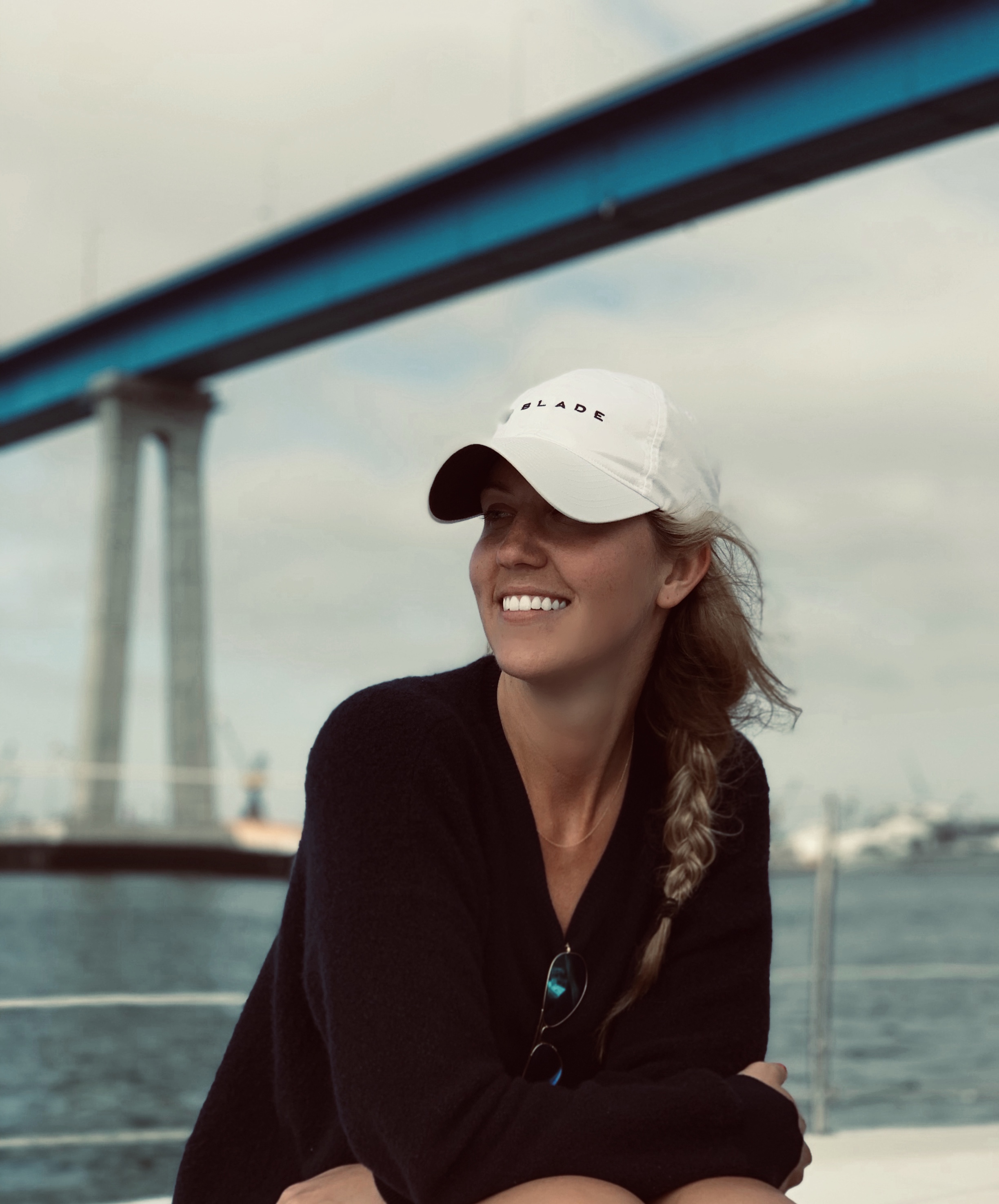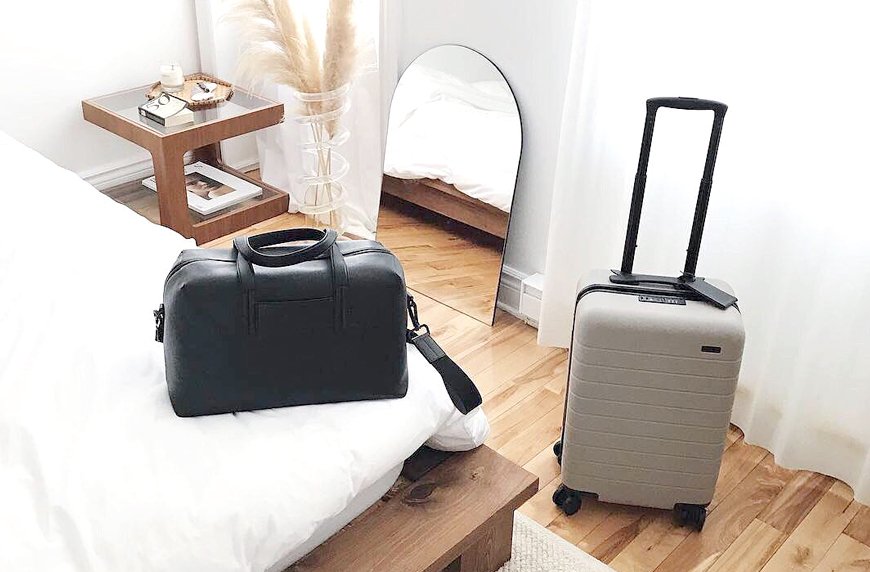Everyone makes mistakes. That’s life. The challenge is to own up to your mistakes, learn some valuable lessons, repair any damage, and then move forward: wiser, stronger, and ready to take on new challenges. Such is the story of Away, a US-based startup led by founders Stephanie Korey and Jennifer Rubio that designs, manufactures, and sells luggage.

Founded in 2015, Away got off to a golden start. After several rounds of funding, Away had sold more than 300,000 suitcases and was eventually valued at $1.4 billion, making it one of the highest funded female-backed startups. In its first full year of business, Away sold $12 million in luggage, followed by sales of more than $50 million the next year. As its sales grew, so did its company, and Away now boasts around 300 employees and offices in multiple cities. In 2017, Away launched a podcast as well as a print and digital travel magazine, and in 2018, Away was named a “Breakthrough Brand with Ingenious Marketing” by Adweek and was recognized by Fast Company as one of “2018’s Top 10 Most Innovative Companies.”
But then, on December 5, 2019, an article in Verge revealed another side to Away’s success when it detailed Away’s toxic work environment. The article revealed that Away often coerced employees into working extra hours and over weekends and holidays for little or no extra pay, told employees to limit their paid time off, and routinely harassed and humiliated those same employees via Slack.
After the Verge article broke, founder Steph Korey admitted she had been out of line, even expressing horror at some of her past communications to employees. She then stepped down as CEO, hired someone from outside to replace her, and told how Away had for the past year “implemented diversity and inclusion training for everyone at the company, 360 reviews, establish[ed] employee resource groups and add[ed] 100 plus new team members to better divide workloads.” Korey made some grave errors, took responsibility for her actions, and has continued to try and fix things.
So what can startup founders learn from Away’s experience?
First, treat your employees well. No company, woman-owned or not, is immune to management issues. If you don’t make a conscious effort to create a positive work environment, the toxic work environment that could result will almost certainly damage your company and your bottom line.
Second, admit when you’re wrong. When you make mistakes, follow Korey’s lead and own up to them. Admitting that you erred isn’t easy, but it’s the first step in repairing any damage.
Third, take action. Korey backed up her words with deeds when she stepped down from her position, brought in outside management, and implemented internal changes to improve company morale.
Lastly, keep improving. It’s a competitive marketplace, even for brands that have broken through, and after a public setback, you have to keep improving your product and service and strive to treat your associates like the team members that they are.
Hopefully, Away’s story can help us avoid making the same mistakes ourselves. And when we do err, we can follow their lead and take immediate, positive action.



